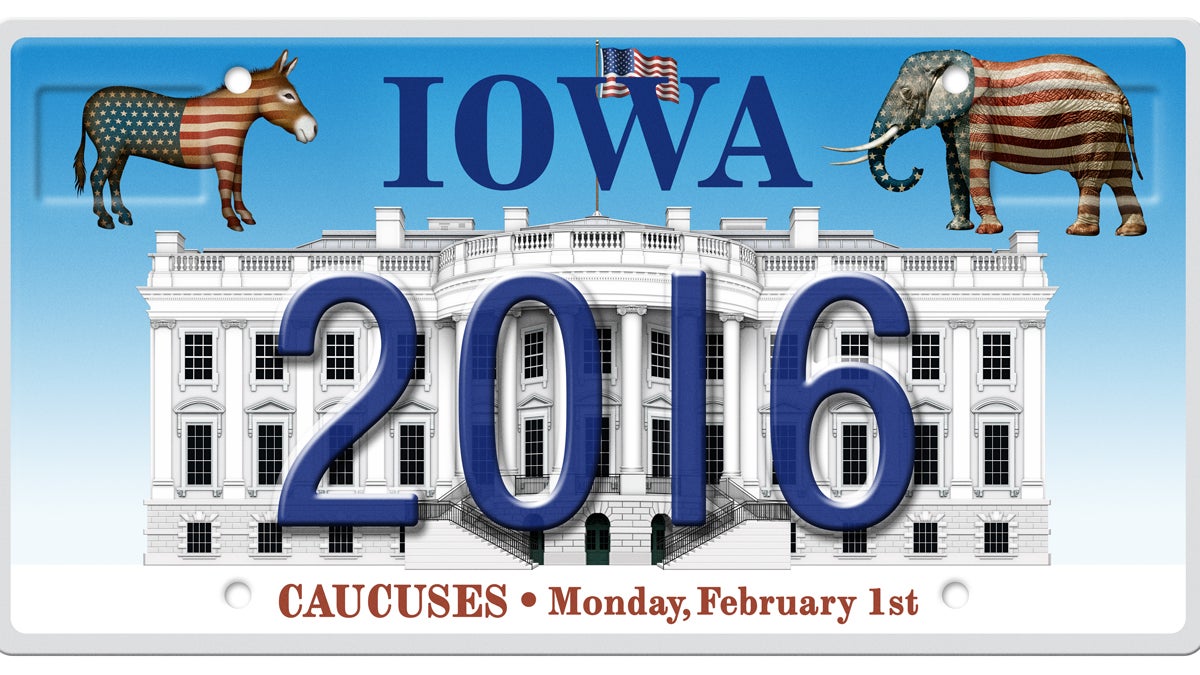Shedding some light on Iowa caucuses
Listen Photo via ShutterStock)" title="shutterstock_358051676" width="1" height="1"/>
Photo via ShutterStock)" title="shutterstock_358051676" width="1" height="1"/>
(Photo via ShutterStock)
The 2016 presidential gets under way in earnest Monday evening when Iowa residents gather at caucus sites statewide.
But caucuses aren’t as straightforward as primary elections, so NewsWorks Tonight host Dave Heller enlisted the help of David Redlawsk, Rutgers University political science professor and director of the Rutgers-Eagleton Poll, to get some clarity.
At the most basic level, a caucus is a meeting. Residents gather together to discuss politics and hear speeches from candidates or a representative from the candidate’s campaign.
This extra chance to wow voters can be crucial; research shows that caucus members aren’t always coming in with a strong opinion, Redlawsk said.
“There are still hearts and minds to be won over. Something like 12 percent of those in the caucus come in undecided,” he said.
And another significant number of voters make their decision in the week prior to the caucuses.
The Iowa caucuses are usually close races, Redlawsk said, and those last- minute deciders only make it tougher to predict.
WHYY is your source for fact-based, in-depth journalism and information. As a nonprofit organization, we rely on financial support from readers like you. Please give today.

